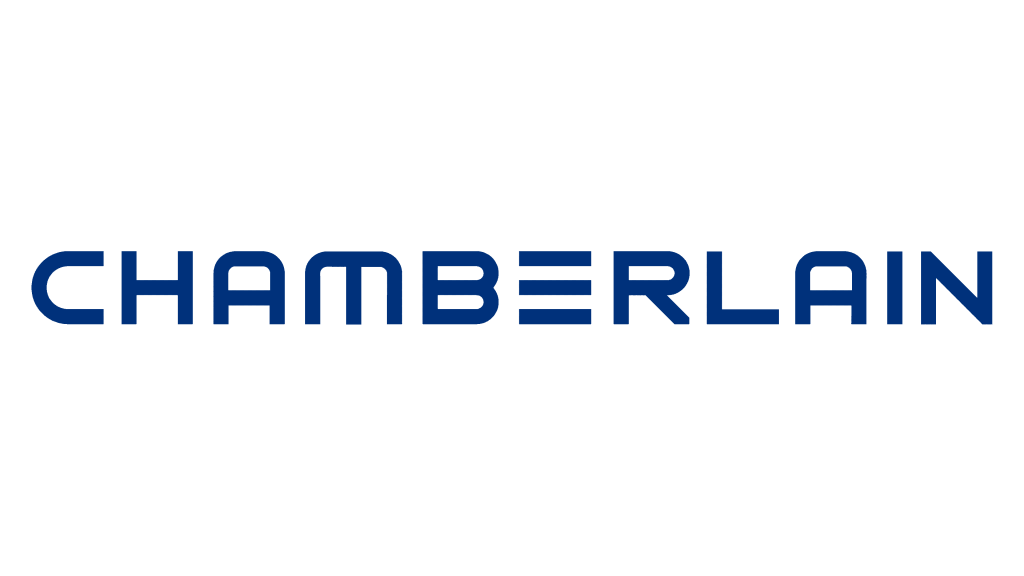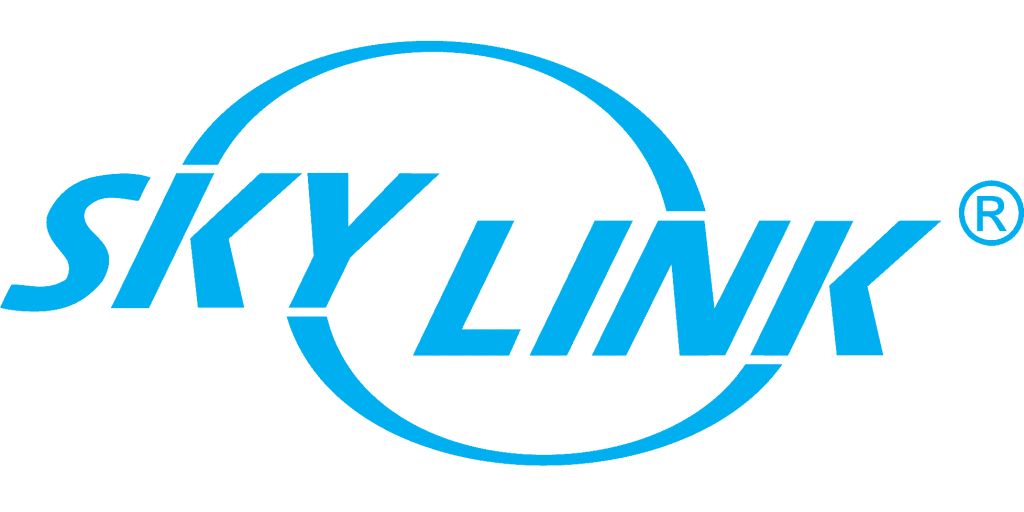- Beyond the Horizon: Emerging tech trends, current affairs, and a glimpse into the future.
- The Rise of Artificial Intelligence and Machine Learning
- Geopolitical Shifts and Global Power Dynamics
- The Role of International Organizations
- The Sustainable Transition and Climate Change
- The Future of Work and the Gig Economy
- The Impact of Remote Work
- Biotechnology and the Frontiers of Medicine
Beyond the Horizon: Emerging tech trends, current affairs, and a glimpse into the future.
The relentless pace of technological advancement and global events shapes our present and dictates the course of our future. Understanding these shifts is critical, not just for businesses and policymakers, but for individuals seeking to navigate an increasingly complex world. Recent shifts in artificial intelligence, geopolitical strategies, and sustainable practices are demanding attention, and understanding the interconnections between these areas is key to comprehending the current landscape. Staying informed about these developments—a constant flow of information and developing situations—allows for proactive adaptation and informed decision-making. This is where the ability to analyze curated information becomes paramount; filtering out excess and noise to discern the underlying truths that will affect our lives.
This exploration delves into these emerging trends, current affairs, and the projections for what lies ahead. From breakthroughs in biotechnology to the evolving dynamics of international relations, we aim to provide a comprehensive overview of the factors shaping tomorrow. It’s about looking news beyond the immediate horizon to anticipate challenges and capitalize on opportunities.
The Rise of Artificial Intelligence and Machine Learning
Artificial intelligence (AI) continues to evolve at an unprecedented rate, impacting industries from healthcare to finance. Machine learning algorithms are becoming increasingly sophisticated, enabling automation of tasks previously thought to require human intelligence. This includes advancements in natural language processing, computer vision, and robotic systems. The power of these technologies create new potential, but also require considerations of ethical implications, job displacement, and data privacy concerns.
The application of AI extends far beyond simple automation. It’s actively reshaping the way we conduct research, accelerate scientific discovery, and enhance decision-making processes. The use of AI-powered diagnostic tools in medicine, for example, is leading to earlier and more accurate diagnoses, improving patient outcomes. However, it’s crucial to acknowledge the potential biases inherent in AI algorithms and to implement measures to ensure fairness and transparency.
| Fraud Detection | Finance | Reduced Financial Losses |
| Personalized Medicine | Healthcare | Improved Patient Outcomes |
| Supply Chain Optimization | Logistics | Increased Efficiency & Reduced Costs |
| Chatbots & Virtual Assistants | Customer Service | Enhanced Customer Experience |
Geopolitical Shifts and Global Power Dynamics
The global geopolitical landscape is undergoing significant shifts, characterized by increasing competition between major powers and the emergence of new regional players. The war in Ukraine has highlighted the fragility of international norms and the potential for large-scale conflict. Each region has its own nuances, influenced by historical factors, economic interests, and ideological differences. Understanding these dynamics is essential for navigating the complexities of the international arena.
The rise of China as an economic and military power is reshaping the global balance of power. Its assertive foreign policy and expanding influence in international organizations are challenging the existing world order. At the same time, the United States remains a dominant force, but its influence is being increasingly contested. This competition is playing out in areas such as trade, technology, and security, with far-reaching implications for the global economy and international stability.
The Role of International Organizations
International organizations, such as the United Nations and the World Trade Organization, play a crucial role in maintaining international peace and security, facilitating economic cooperation, and addressing global challenges. However, these organizations are often constrained by the competing interests of their member states, making it difficult to achieve consensus on critical issues. The effectiveness of these institutions is being increasingly questioned as the world becomes more multipolar and geopolitical tensions rise. Reform is needed to ensure they remain relevant and effective in the 21st century. Moreover, these organizations often struggle to adapt quickly to rapidly evolving realities, and, therefore, are sometimes perceived as slow, and cumbersome. Finding ways to streamline processes and increase efficiency is therefore paramount. The ability of international organizations to adapt, innovate, and address emerging issues will be vital for maintaining global stability and prosperity in a rapidly changing world.
The Sustainable Transition and Climate Change
Climate change remains one of the most pressing challenges facing humanity. The scientific evidence is overwhelming, and the consequences of inaction are severe. The transitioning towards sustainable practices is gaining momentum, driven by growing awareness of the environmental and economic benefits of green technologies and practices. This includes investments in renewable energy, energy efficiency, and sustainable transportation systems.
The transition to a low-carbon economy will require significant investments and policy changes. Governments, businesses, and individuals all have a role to play in reducing greenhouse gas emissions and mitigating the impacts of climate change. This includes implementing carbon pricing mechanisms, promoting energy conservation, and developing climate-resilient infrastructure. The successful adoption of sustainable solutions will not only protect the environment but also create new economic opportunities and improve public health.
- Investing in renewable energy sources (solar, wind, hydro)
- Improving energy efficiency in buildings and transportation
- Implementing carbon capture and storage technologies
- Promoting sustainable agriculture and forestry
- Developing climate-resilient infrastructure
The Future of Work and the Gig Economy
The nature of work is undergoing a fundamental transformation. Automation, artificial intelligence, and the rise of the gig economy are reshaping the labour market. Traditional employment models are being replaced by more flexible and project-based forms of work.
The gig economy offers both opportunities and challenges. It provides workers with greater flexibility and autonomy, but it also often lacks the benefits and protections associated with traditional employment, such as health insurance, paid time off, and retirement savings. Preparing for the future of work requires investment in education and training to equip workers with the skills needed for the jobs of tomorrow. Adaptability and lifelong learning are becoming increasingly important for navigating a rapidly evolving labour market.
The Impact of Remote Work
The COVID-19 pandemic accelerated the trend towards remote work, demonstrating that many jobs can be performed effectively from home. This has led to a reassessment of traditional workplace norms and a growing demand for remote work options. Remote work offers employees greater flexibility and a better work-life balance but also poses challenges related to maintaining company culture, fostering collaboration, and ensuring employee well-being. The widespread adoption of remote work is also driving demand for digital tools and technologies that support virtual collaboration and communication.
- Increased flexibility and work-life balance for employees
- Reduced commuting time and costs
- Access to a wider talent pool for employers
- Potential for cost savings on office space
- Challenges in maintaining company culture and fostering collaboration
Biotechnology and the Frontiers of Medicine
Biotechnology is revolutionizing healthcare, offering new therapies and diagnostic tools for a wide range of diseases. Gene editing technologies, such as CRISPR, hold immense promise for treating genetic disorders, but also raise ethical concerns. Personalized medicine, powered by genomics and data analytics, is tailoring treatments to individual patients based on their unique genetic makeup. The convergence of biology, engineering, and computer science is driving innovation in areas such as drug discovery, regenerative medicine, and bio-manufacturing.
Advances in biotechnology are not limited to treating diseases; they are also extending our ability to prevent them. Vaccine development has been accelerated through the use of mRNA technology, as demonstrated by the rapid rollout of COVID-19 vaccines. Diagnostic tools are becoming more accurate and accessible, enabling earlier detection of diseases and more effective interventions. The ethical considerations surrounding the use of biotechnology, such as gene editing and access to new therapies, must be carefully addressed to ensure responsible innovation.
| CRISPR Gene Editing | Genetic Disorders | Potential Cure for Inherited Diseases |
| mRNA Vaccines | Infectious Diseases | Faster Vaccine Development and Deployment |
| Personalized Medicine | Cancer Treatment | More Effective & Targeted Therapies |
Navigating the future requires a proactive and informed approach. By understanding the drivers of change—the interplay of technological innovation, geopolitical dynamics, and sustainability concerns—we can better prepare ourselves for the challenges and opportunities that lie ahead. Continuous learning, adaptability, and a commitment to collaboration will be essential for building a more sustainable and prosperous world.






